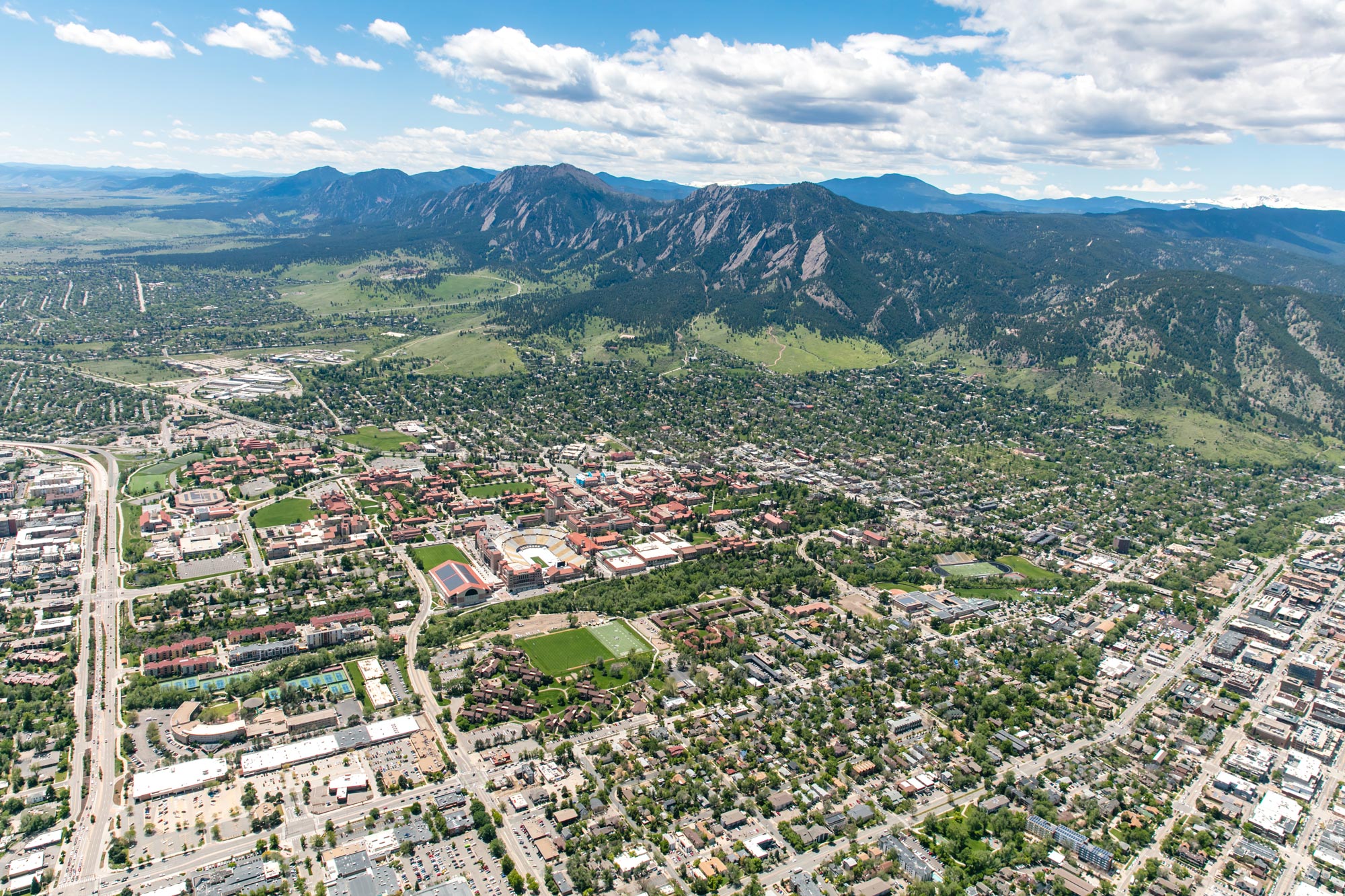City department master plans provide a common framework for the planning, delivery and funding of city services, facilities, and programs. These plans provide the basis for capital improvement programming and operational budgeting.
Department Master Plans

What Guides the Department Master Plans
Department master plans are guided by the policies, plans, and population and employment projections provided by the Boulder Valley Comprehensive Plan, and are consistent with the Community Equity, Sustainability + Resilience Framework.
Department Planning Efforts
Department master plans are developed consistent with the Community Sustainability, Equity and Resilience Framework, which guides budgeting and planning processes by providing consistent goals necessary to achieve Boulder’s vision of a great community and the actions required to achieve them. Department master plans are also developed consistent with the policies, plans, and population and employment projections provided by the Boulder Valley Comprehensive Plan (BVCP).
All department master planning efforts rely on the city’s Engagement Strategic Framework as the basis for engaging with the community and key stakeholders. Further, these planning efforts integrate other key city-wide strategies and plans such as the Racial Equity Plan and Climate Commitment Action Plan. Departments rely on and engage with other city departments to ensure consistency across the organization and to identify opportunities to collaborate.
Updates to department plans include full evaluation of the department’s mission, goals & objectives, priorities and investment strategies. Major plan updates are conducted periodically depending on the need to revisit policy direction, goals, objectives and funding strategies. Plans are evaluated at least every five years in coordination with updates to the Boulder Valley Comprehensive Plan (BVCP). Changes to the Boulder Valley Comprehensive Plan (BVCP) will include revised growth projections, policies, the land use plan and plan implementation components. After adoption of these changes to the BVCP, master plans may need to be revised to address new policy direction or goals.
Key stakeholders and decision makers involved in all department master planning efforts include the broader Boulder community, neighborhoods groups and local organizations, youth, regional partners, internal city staff, advisory boards (if applicable), Planning Board, and City Council.